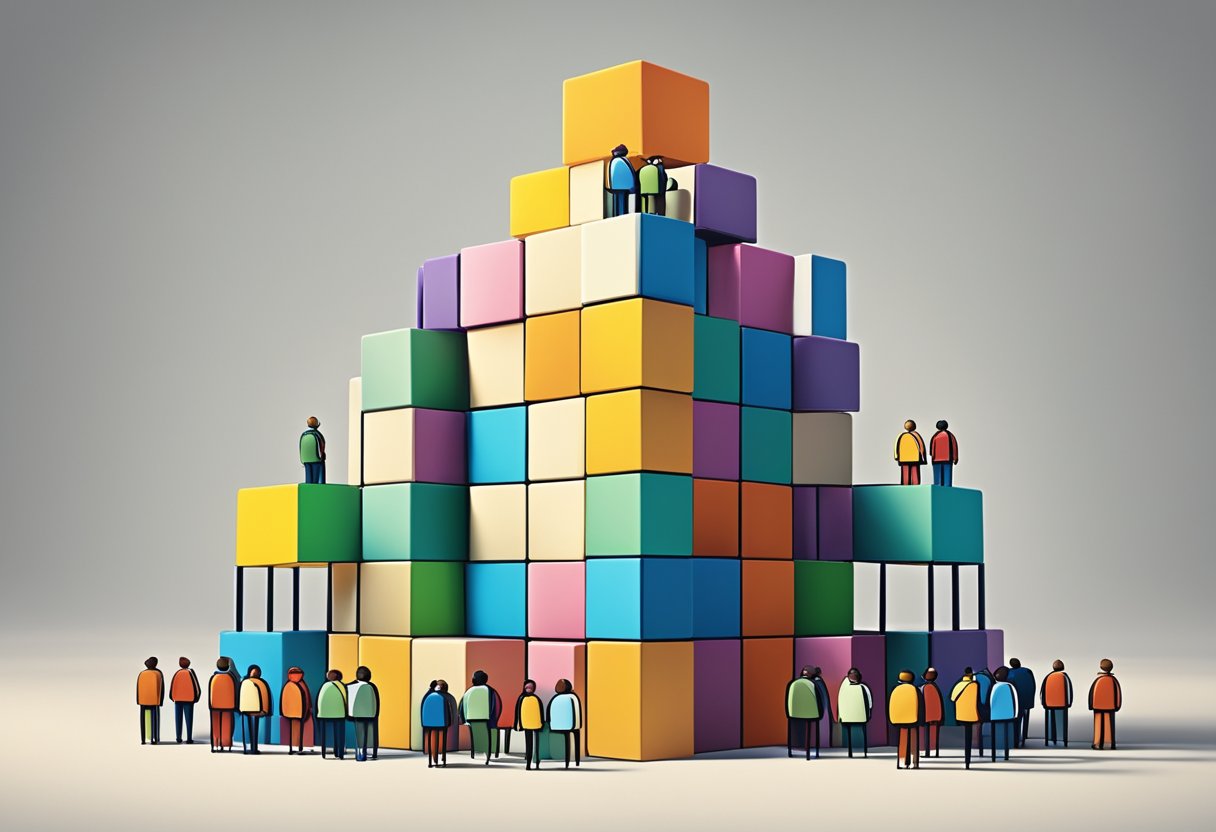Importance of Teamwork for Kids: Building Essential Life Skills

Teamwork is an essential skill for kids to learn as it helps them understand the importance of teamwork for kids, build relationships, communicate effectively, and work towards a common goal. It is a vital aspect of both their personal and professional lives, and it can have a significant impact on their success in the future. By working in a team, children can learn how to collaborate, share ideas, and support one another, which are all valuable skills that they will need throughout their lives.
Collaboration is of importance in teamwork for kids, and it involves working together to achieve a common goal. Children who learn how to collaborate effectively can improve their communication skills, learn how to compromise and develop a sense of responsibility towards their peers. It also helps them to understand the importance of diversity and inclusion, as they learn to appreciate and respect the different perspectives and opinions of their teammates. By working in a team, children can learn how to leverage each other’s strengths and weaknesses, which can lead to better outcomes and more efficient use of resources.
Fundamentals of Teamwork for Kids
Benefits of Teamwork
Learning teamwork from an early age is crucial for kids, as it enables them to collaborate with others towards a common goal, fostering a sense of accomplishment and pride. Additionally, it aids in the development of essential social skills, including communication, cooperation, and empathy, highlighting the importance of teamwork for kids in their overall growth.
Working in a team can also help kids learn how to manage conflicts and solve problems. By working together, they can share ideas and come up with creative solutions to challenges. This can help them to develop critical thinking skills, which can be useful in all areas of life.
Teamwork Skills Development
To develop teamwork skills, kids need to learn how to communicate effectively with others. This includes listening to others, expressing their ideas clearly, and working together to find solutions. They also need to learn how to cooperate with others, which involves sharing responsibilities and working towards a common goal.
Another important skill is empathy, which involves understanding and caring about the feelings of others. This can help kids to develop positive relationships with their teammates and work together more effectively.
Overall, learning the fundamentals of teamwork can be a valuable experience for kids. It can help them to develop important social and problem-solving skills, which can be useful in all areas of life.
Teamwork in Educational Settings
Collaborative Learning
Collaborative learning is a teaching strategy that encourages students to work together in groups to achieve a common goal. This approach to learning has been proven to be effective in improving academic performance, social skills, and self-esteem. In a collaborative learning environment, students can share their knowledge and ideas, which can lead to a deeper understanding of the subject matter.
Collaborative learning can take many forms, such as group projects, peer tutoring, and class discussions. By working together, students can develop important skills such as communication, problem-solving, and leadership. These skills are essential for success in both academic and professional settings.
Classroom Activities
In addition to collaborative learning, many classroom activities promote teamwork. For example, group discussions and debates can encourage students to work together to develop arguments and ideas. Role-playing activities can also be effective in teaching students how to work together to achieve a common goal.
Another effective classroom activity is the use of group projects. Group projects allow students to work together to complete a task, which can help them develop important skills such as time management, delegation, and communication. Group projects can also be used to teach students about different cultures and perspectives, which can help them develop empathy and understanding.
Overall, teamwork is an essential skill for success in both academic and professional settings. By promoting teamwork in educational settings, students can develop important skills that will serve them well throughout their lives.
Teamwork Beyond the Classroom
Teamwork is a valuable skill that children can apply beyond the classroom. Here are two examples of how children can use teamwork in different settings.
Sports and Teamwork
Participating in sports is an excellent way for children to learn teamwork skills. In team sports such as soccer, basketball, and baseball, children must work together to achieve a common goal. They must communicate, collaborate, and support each other to succeed.
Being a part of a team teaches children how to work towards a common goal, how to share responsibilities, and how to handle both success and failure. These skills are essential for success in any area of life, and learning them through sports can be a fun and rewarding experience.
Community Involvement
Community involvement is another way for children to develop teamwork skills. Volunteering for community service projects, such as cleaning up a park or organizing a food drive, requires children to work together with others towards a common goal.
Working together as a team to make a positive impact in their community can be a powerful experience for children. It teaches them the importance of giving back, and it helps them develop a sense of responsibility and empathy towards others.
Overall, teamwork is a valuable skill that children can apply in many different areas of their lives. Whether it’s through sports or community involvement, children can learn the importance of collaboration, communication, and support.

